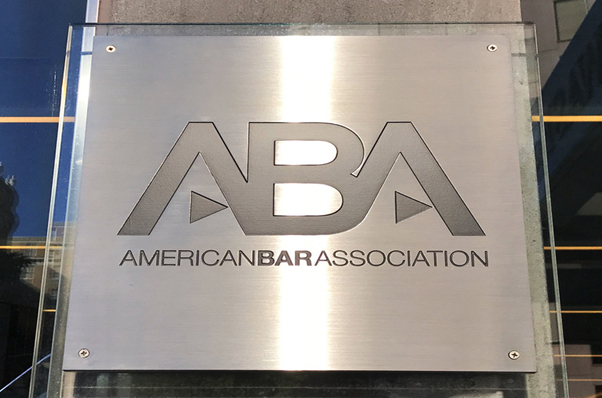
The American Bar Association (ABA) has garnered widespread support for its proposal to fortify job protections for untenured law faculty. Advocates of the initiative contend that these proposed changes could play a pivotal role in dismantling longstanding hierarchies prevalent among different categories of professors within the legal education community.
Evolving Standards: ABA's Proposal Unveiled
The proposed changes, currently under consideration by the ABA's Council of the Section of Legal Education and Admission to the Bar, introduce a paradigm shift in hiring practices. The amendment suggests that law schools should now hire full-time legal writing instructors and other untenured faculty members on five-year "presumptively renewable long-term contracts." This alteration is crafted to bring about uniformity in the hiring rules and protections for legal writing, bar preparation, and other typically untenured faculty roles. These changes aim to align the standards for such roles with those applied to clinical legal professors. However, it is essential to recognize that even with these adjustments, these faculty members would still have comparatively less job security than their tenured and tenure-track counterparts.
Endorsement by Legal Writing Community
The ABA's initiative, spurred by the advocacy of the Association of Legal Writing Directors and the Legal Writing Institute, has resonated strongly within the legal writing community. Advocates argue that this proposal represents a crucial step towards rectifying historical disparities in pay and job protections, fostering an environment of more significant equity for legal writing faculty.
Kathleen Elliott Vinson, legal writing director at Suffolk University Law School, emphasizes the significance of dismantling hierarchical structures, stating, "Eliminating a caste system of hierarchy reflects an appreciation for the valuable roles all faculty play within law schools."
Controversies in Faculty Tiers
Faculty tiers have long been a source of contention within the legal academy. Traditionally, tenured and tenure-track professors responsible for teaching fundamental courses such as Torts and Contracts have enjoyed substantial job protections, academic freedoms, and governance responsibilities. Clinical professors occupy an intermediary position, secured by a baseline of five-year renewable contracts. In stark contrast, legal writing, bar prep, and other skills instructors find themselves on the lower rung, with schools obligated only to provide them with the security of position necessary for "attracting and retaining" qualified teachers.
Broader Implications of the Proposal
Beyond equalizing job protections for clinical and legal writing faculty, the proposed changes also mandate law schools to ensure that all untenured full-time faculty receive "reasonably similar participation" in governance matters, including voting and committee involvement. This forward-looking move is poised to foster a more inclusive and participatory atmosphere within academic institutions.
Support and Challenges
The ABA's proposal has received overwhelming support, with more than 30 public comments in favor of the change, primarily from legal writing and clinical professors. Notably, no opposition has been recorded thus far. However, some supporters caution that schools might interpret the proposal as limiting their flexibility in staffing decisions. As the public comment period ends on January 8, stakeholders are urged to express their views on this transformative proposal.




